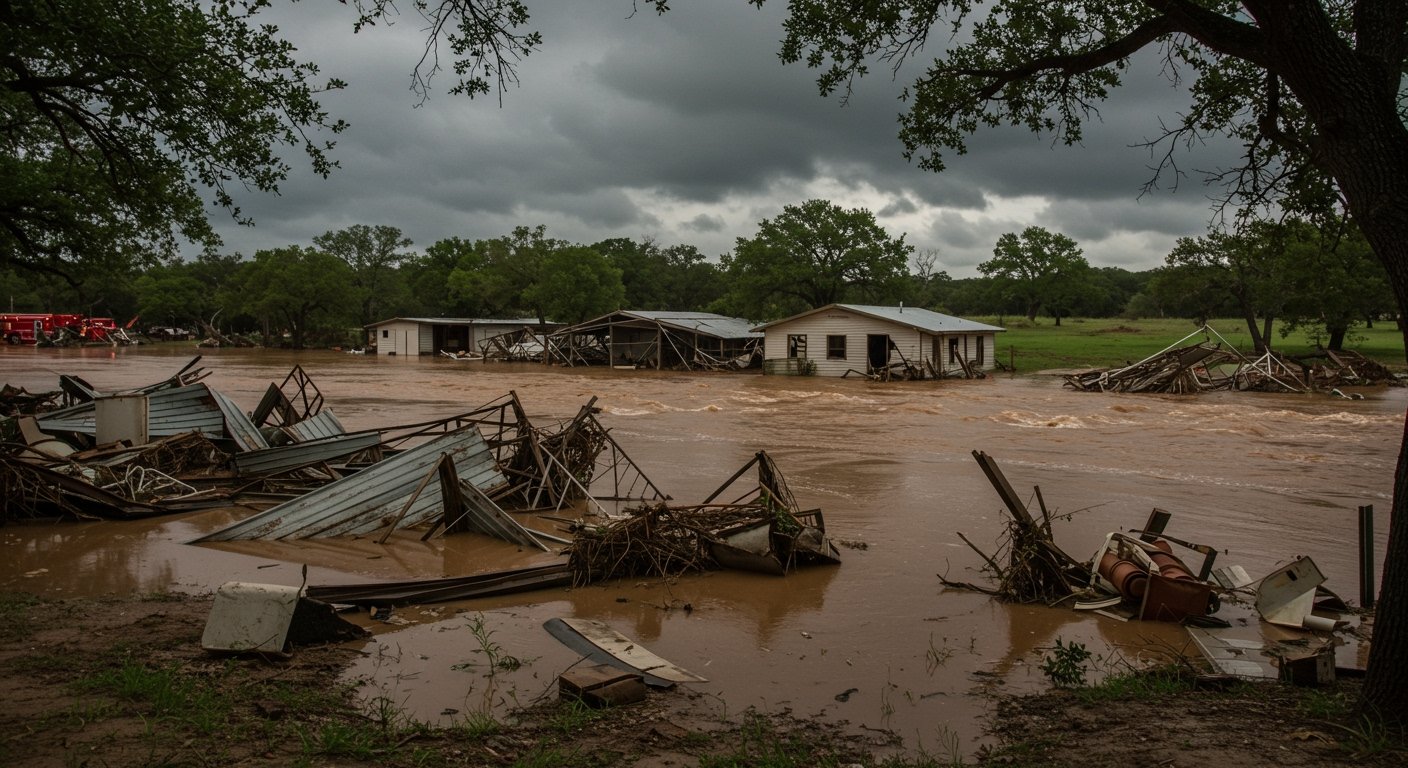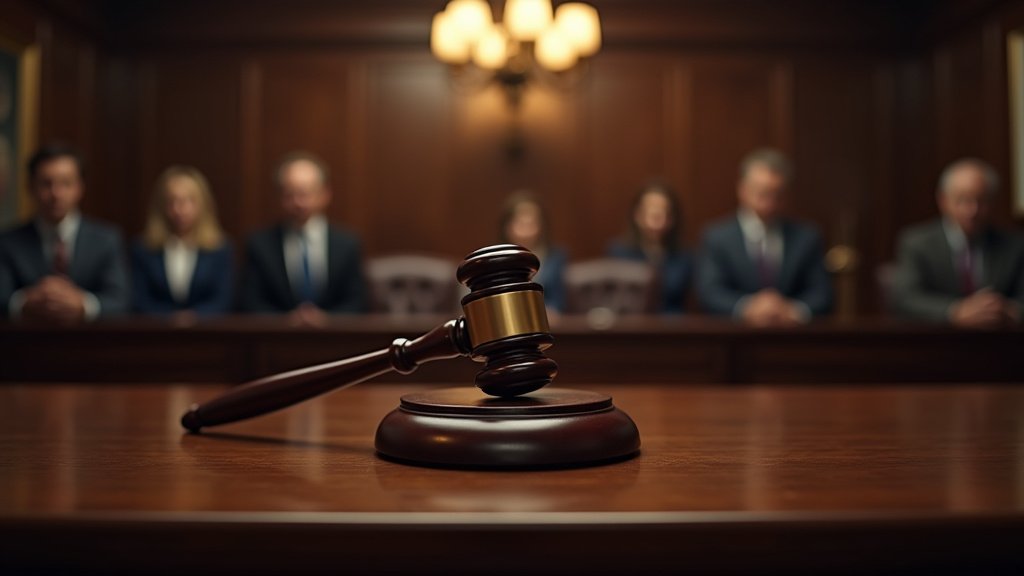A powerful call for legislative action has emerged following the devastating floods that struck the Texas Hill Country over the July Fourth weekend, resulting in a tragic death toll exceeding 100 people. An editorial published in the Houston Chronicle on July 8, 2025, argues forcefully that this catastrophe must be a central focus of the special legislative session called by Governor Greg Abbott.
The editorial underscores the urgent need for the Texas Legislature to launch a comprehensive investigation into the events surrounding the disaster. This inquiry, the Chronicle contends, is essential not only to understand what happened but also to implement necessary changes to prevent similar tragedies in the future.
Understanding the Impact: A Weekend of Devastation
The July Fourth weekend, typically a time for celebration and outdoor recreation in the popular Hill Country region, turned into a nightmare as unprecedented floodwaters surged through river valleys. The sheer scale of the devastation, culminating in a death toll surpassing the grim milestone of 100 lives lost, shocked the state and the nation. The floods inflicted widespread destruction, washing away infrastructure and overwhelming communities.
Among the locations most severely impacted were summer camps situated along the Guadalupe River. These seemingly safe havens for youth and staff became sites of immense tragedy. The editorial specifically highlights the numerous deaths that occurred at these camps, including both young campers and their counselors, underscoring the vulnerability of those caught unaware by the rapidly rising waters.
The Call for Legislative Scrutiny
In the wake of the disaster, Governor Greg Abbott called a special legislative session to address pressing state matters. However, the Houston Chronicle’s editorial posits that no issue is more critical or deserving of immediate attention during this session than the Hill Country floods. The human cost of this event, the editorial argues, demands a thorough and public examination by the state’s legislative body.
The editorial does not shy away from identifying key areas requiring investigation. Central among these are critical questions regarding the adequacy of weather warnings issued by the National Weather Service in the lead-up to the flooding. Were the warnings sufficiently timely and clear? Did they accurately convey the impending danger to residents and visitors in the flood-prone areas?
Examining Decision-Making Processes
Beyond the meteorological warnings, the Chronicle’s editorial stresses the necessity of scrutinizing the decision-making processes at affected locations, particularly those at the ill-fated summer camps along the Guadalupe River. What information were camp administrators given? How were evacuation or shelter-in-place decisions made? Were emergency plans in place, and were they effectively executed? These questions are vital to understanding the chain of events that led to so many deaths in these specific locations.
The editorial acknowledges a difficult truth: it is not yet definitively known what specific preventative measures, if any, could have entirely averted the loss of life or significantly reduced the death toll exceeding 100 people. Flood events, especially those of such severity, are inherently dangerous and challenging to mitigate completely.
The Legislature’s Mandate: Inquiry and Action
Despite the inherent challenges of forecasting and responding to extreme weather, the Houston Chronicle’s editorial firmly asserts that the Texas Legislature possesses both the authority and the profound responsibility to conduct a formal inquiry into the tragedy. This isn’t merely about assigning blame, but about understanding systemic failures and vulnerabilities.
The purpose of such a legislative investigation would be multi-faceted. It would involve gathering testimony from meteorologists, emergency responders, local officials, survivors, and experts in hydrology and disaster preparedness. The goal is to compile a comprehensive record of the event, from the initial weather forecasts to the on-the-ground response and the outcomes at affected sites like the Guadalupe River camps.
Based on the findings of this inquiry, the legislature would then be empowered to take action and implement necessary changes. This could include reforms to emergency communication protocols, updates to land-use regulations in floodplains, mandates for disaster preparedness planning at vulnerable facilities like camps, or increased funding for flood control infrastructure and warning systems. The editorial argues that without this legislative focus, critical lessons may go unlearned, leaving the state vulnerable to future disasters.
In conclusion, the editorial in the Houston Chronicle serves as a potent reminder of the tragic human cost of the Texas Hill Country floods and a compelling argument for legislative accountability. By making the investigation of this disaster a central priority of Governor Abbott’s special session, the Texas Legislature has the opportunity to honor the lives lost, including the numerous campers and counselors, and work towards building a more resilient and prepared state.






